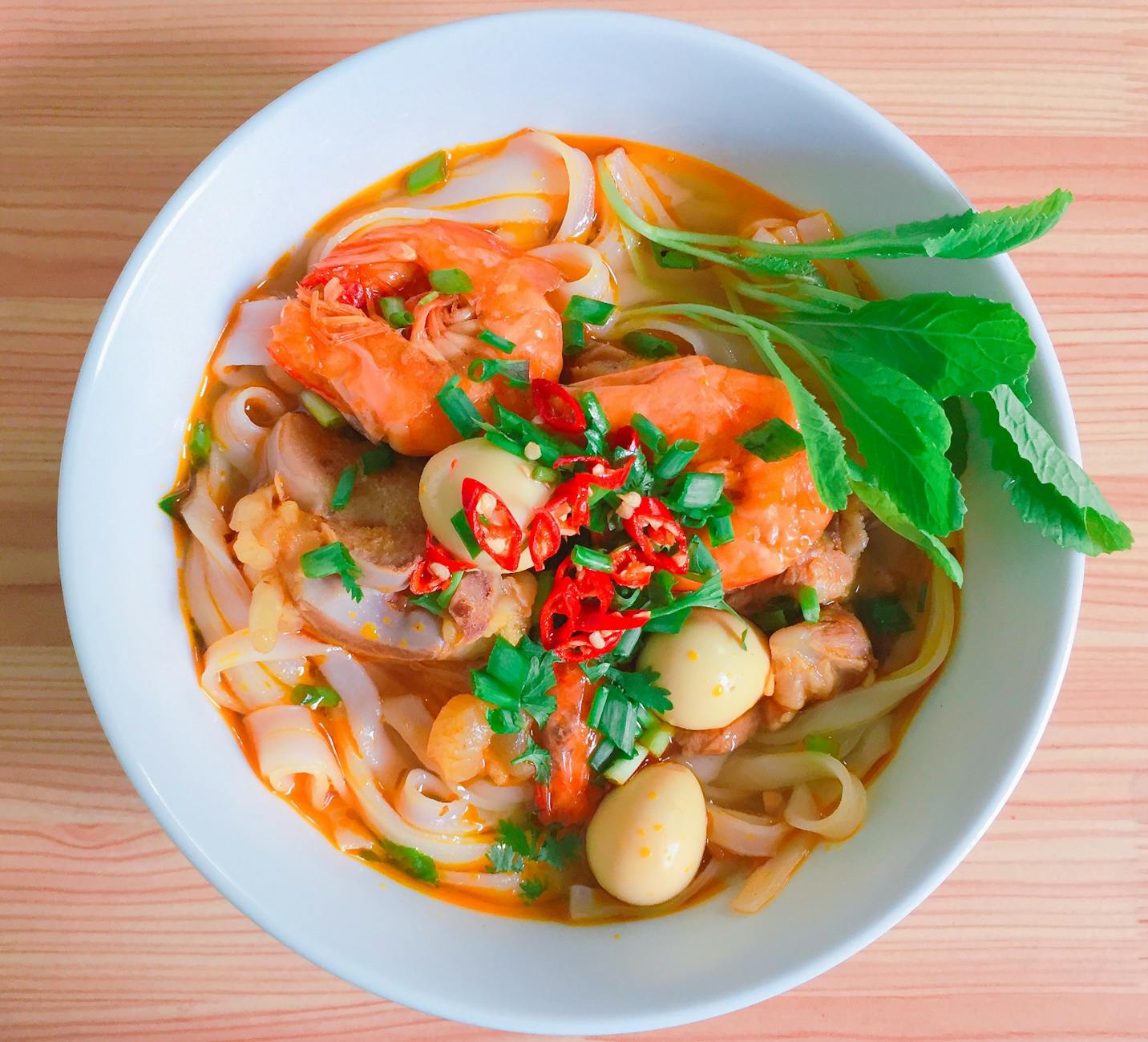Discover ways to dine out safely with celiac disease. From hidden gluten to cross-contamination, these tips will ensure a worry-free meal.
Table of Contents
- Educate Yourself on Gluten-Free and Cross-Contamination
- Research Restaurants Ahead of Time
- Communicate Clearly with the Staff
- Choose Safe Menu Items
- Beware of Sauces and Marinades
- Check for Dedicated Preparation Areas
- Discuss Customizing Dishes
- Be Cautious with Shared Spaces
- Trust Your Instincts
- Conclusion
Celiac disease is an autoimmune disorder where consuming gluten triggers an immune response, damaging the small intestine. For those with celiac disease, eating out can be a daunting task, as cross-contamination is a significant concern. However, with the right knowledge and strategies, you can enjoy dining out safely without compromising your health.
Educate Yourself on Gluten-Free and Cross-Contamination
Before heading to a restaurant, familiarize yourself with what gluten-free entails and understand the risks of cross-contamination. Look for certifications like the Gluten-Free Certification Organization (GFCO) to ensure products are truly gluten-free.
Research Restaurants Ahead of Time
Prior to choosing a restaurant, take the time to research their menu online. Many restaurants now provide gluten-free options and have allergy menus available. Look for reviews or reach out to the restaurant directly to inquire about their protocols for handling gluten-free orders.
Communicate Clearly with the Staff
Once you arrive at the restaurant, don’t hesitate to communicate your dietary needs to the staff. Politely but firmly inform your server about your celiac disease and the importance of avoiding gluten cross-contamination. Ask questions about how the food is prepared and handled in the kitchen.
Choose Safe Menu Items
Stick to naturally gluten-free options like salads, grilled proteins, and vegetables. Avoid dishes that are deep-fried, as they may be cooked in shared oil with gluten-containing foods. Opt for simple preparations that are less likely to be contaminated.
Beware of Sauces and Marinades
Sauces, marinades, and dressings can often contain hidden sources of gluten. Ask for these on the side or inquire about their ingredients. Be cautious of gravies, soy sauce, and other condiments that may contain gluten.
Check for Dedicated Preparation Areas
If possible, choose restaurants that have a separate area or kitchen space for preparing gluten-free meals. This reduces the risk of cross-contamination with gluten-containing foods. Inquire about their protocols for preventing contamination.
| Tip | Description |
|---|---|
| Research beforehand | Check the restaurant’s menu online or call ahead to inquire about gluten-free options and their cross-contamination practices. |
| Communicate with staff | Inform your server about your dietary restrictions and ask specific questions about ingredients and preparation methods. |
| Avoid fried foods | Steer clear of items that are deep-fried as the oil may have been contaminated with gluten from other foods. |
| Choose simple dishes | Opt for dishes with basic, whole ingredients like grilled meats, salads, and plain rice to reduce the risk of hidden gluten. |
| Ask for gluten-free options | Inquire about gluten-free bread, pasta, or other substitutions that the restaurant may offer. |
Discuss Customizing Dishes
Don’t be afraid to ask for modifications to menu items to ensure they are gluten-free. Request substitutions for items that may contain gluten and ask for any bread or croutons to be left off your dish. Most restaurants are accommodating to dietary needs.
Be Cautious with Shared Spaces
When dining with friends or family who are not gluten-free, be mindful of shared spaces and utensils. Avoid using common serving utensils, and consider bringing your own condiments or snacks to avoid the risk of accidental gluten exposure.
Trust Your Instincts
If you have any doubts about the safety of a restaurant or a menu item, trust your instincts and choose a different option. Your health is the top priority, and it’s better to be safe than sorry when it comes to managing your celiac disease.
Conclusion
Eating out with celiac disease can be challenging, but with proper planning and communication, you can enjoy restaurant dining safely. By educating yourself, researching restaurants, communicating with staff, and making smart menu choices, you can navigate restaurants confidently while maintaining a gluten-free diet. Remember that your health is in your hands, and advocating for your dietary needs is essential for managing celiac disease.
Frequently Asked Questions
Below are answers to some common questions related to dining out with celiac disease:
Can I trust restaurants that claim to offer gluten-free options?
It’s essential to research restaurants, read reviews, and communicate with staff to ensure their gluten-free options are safe and free from cross-contamination. Look for certifications and inquire about their preparation practices.
How can I best communicate my dietary needs to restaurant staff?
Clearly and politely inform your server about your celiac disease, emphasize the importance of avoiding gluten, and ask questions about ingredient sourcing and kitchen protocols. Be proactive in discussing your needs to ensure a safe meal.
What should I do if I accidentally consume gluten while dining out?
If you suspect gluten contamination, address the issue with the restaurant staff immediately. Stay hydrated, avoid further gluten exposure, and monitor your symptoms. Consult with a healthcare provider if needed.
How can I enjoy dining out with friends or family who are not gluten-free?
Be mindful of shared spaces and utensils, communicate your needs clearly to your dining companions, and consider bringing your own gluten-free snacks or condiments. Choose restaurants with diverse menu options to accommodate different dietary preferences.





